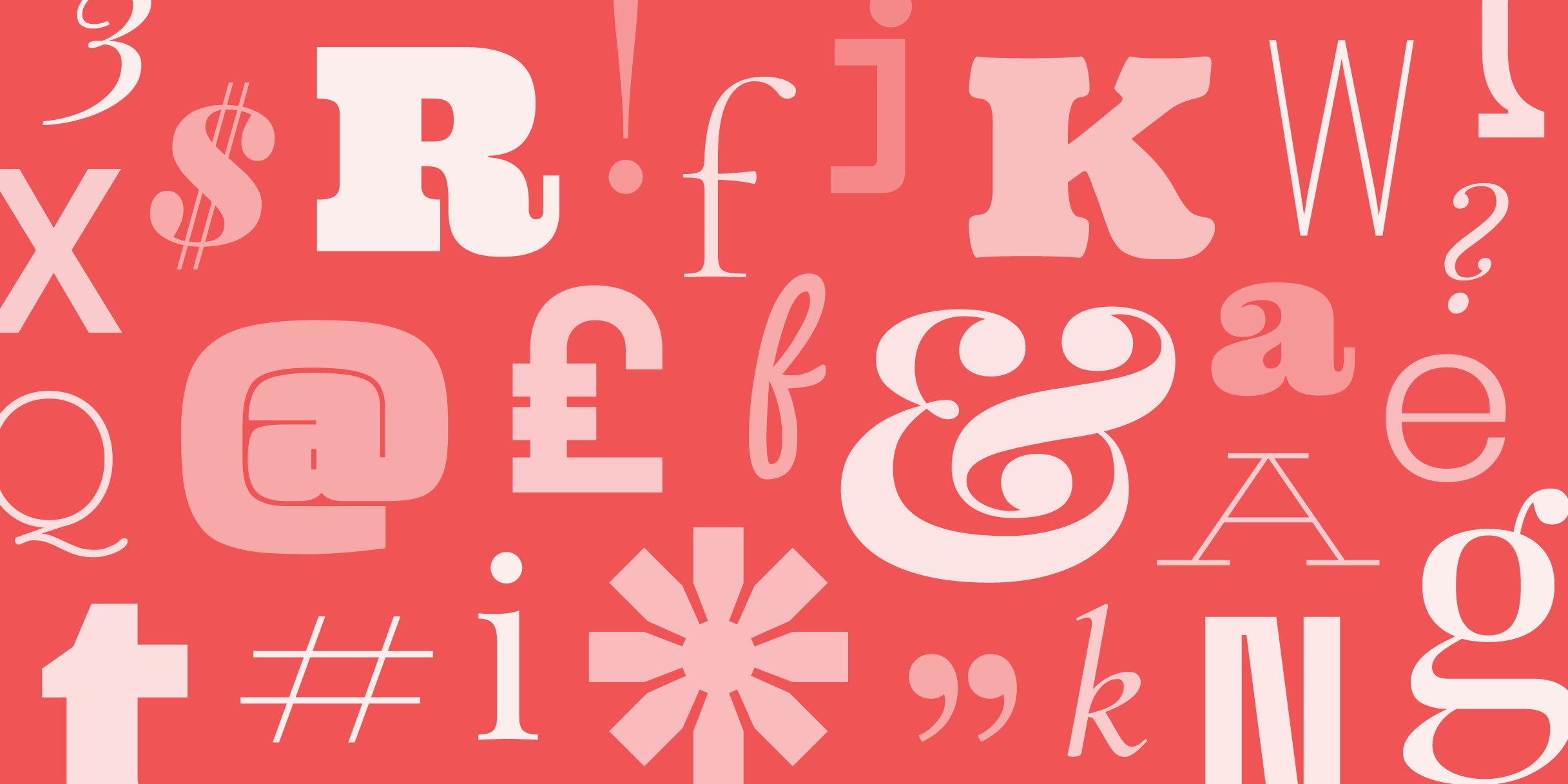It’s that time of year, here in the UK at least, when those 3 years of hard graft, long nights, and living off Tesco value corn flakes finally pay off. Graduation.
Finally there will be no more stressing over deadlines, no more projects that do your head in, no more tutors telling you what you don’t want to hear. Finally, it’s all over. Well no, not exactly.
Now comes the real challenge. The real world of work now awaits, and if you make the wrong decision it can be an unpleasant one.
Over the last 3 years you will have found out more about yourself and where your strengths and weaknesses lie within the world of design. You may have found that you maybe weren’t the best designer in your class, but you had impeccable organisation and time management. On the other hand you may have discovered you have a real talent in an area of design and people are noticing your work but you’re slack when it comes to deadlines. There are very few people who tick ALL of the boxes.
What you may find is that your qualities and skills will steer you into a certain career path. And it may be something completely different to what you’d always thought you were going to do, that’s fine.
Speaking from my experience I will try and help any of you wondering whether a life as a freelance designer is for you.
So what does it take? These are my 5 key points when it comes to taking that dive into self employment:
Confidence
This is crucial. If you don’t have confidence in your own ability you will not succeed. Working for yourself means you have to sell your skills, and your personality, to prospective clients. If you don’t believe in your ability as a designer, you will never convince someone else of it.
Discipline
Maybe not the first quality that springs into you head but believe me, very important. It’s all well and good being a great creative designer. But if you don’t have the self discipline to meet deadlines and bite your tongue at times you will find it hard to get new clients, and even harder to get repeat business.
Organisation
For me, this was the hardest skill to learn. Whereas with employment, where you turn up, do your work for the day, go home and leave it all behind, it is not the case as a freelancer. You need to always be on top of invoices, receipts, deadlines, bills, books, etc. The list is long. If organisation isn’t your thing, self employment probably isn’t either.
Interpersonal Skills
If you’re naturally a very chatty and charismatic person then this is something you will have in abundance. It’s imperative as a freelancer to be able to talk to people, whether in person or over the phone. People want to ask you questions before hiring you and you will need to put their mind at ease that you are the person for the job. Just remember, there is a fine line between confidence and arrogance.
Determination
No one has ever said setting up work on your own is an easy thing. It isn’t. It takes a lot of hard work and can be demoralising and frustrating at times. Jobs may go to people who deserve it less. Your bank balance may run low and bills may mount up. It’s happened to me, it’s happened to most freelancers (especially in the early months), but the key is not to give in. Use the qualities listed above and go out and find more work, believe me there’s plenty out there.
So they’re my 5 key attributes if you’ve got your degree and are now thinking of self employment. What’s the next step? DO IT! Don’t muck about pretending to do it half arsed around your ‘real job’ (I tried that for years, it doesn’t work). Just take the plunge and dive straight in, head first, and enjoy the ride.



